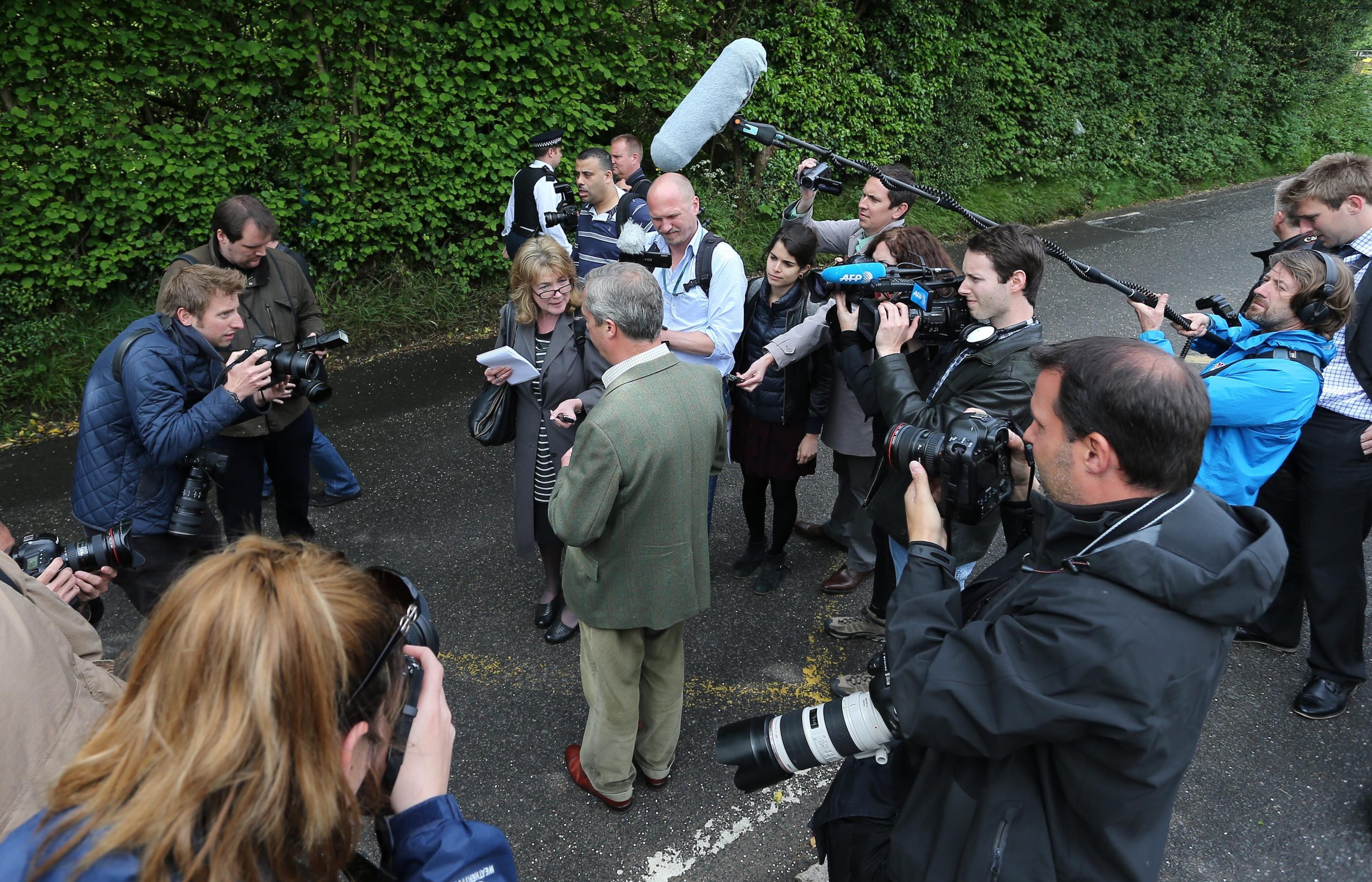Earlier this week, I made an appearance on the BBC News Channel, offering my expert opinion (no laughing) on the Ed Miliband/Daily Mail case.
When asked about the now-notorious “Man Who Hated Britain” feature about Ed Milband’s Marxist father Ralph, I suggested that the Mail had every right to run the article, but probably shouldn’t have. By which I mean I wouldn’t have run that particular piece myself.
But I would be genuinely interested in a good article looking at Ralph Miliband’s politics, and his influence on his son’s politics, even if it was written by an attack dog. As long as it was an accurate attack dog. Part of the oddness of Geoffrey Levy’s original article was just how silly it was.
One of the curious aspects of the fallout has been some Conservatives pointing out the hypocrisy of those on the left who were outraged by the Mail’s Miliband moment but seemingly saw nothing wrong with celebrating the death of Margaret Thatcher.
The problem with this is that exactly the same people who were mortally offended by the Thatcher protests were suggesting that Miliband supporters should just accept the Mail mauling.
If you want an argument to work, it needs to apply universally, as all decent Kantians know.
I recall when the late Christopher Hitchens died, the Guardian, amid gushing tributes, ran a very silly piece by Frances Stonor Saunders, attacking him for all the wrong reasons. I knew Hitchens very vaguely, and liked him and his prose, so I was, for a while offended. But then one had to remember the glee with which Hitchens had attacked the fundamentalist preacher Jerry Falwell after he died. And one had to think, “fair enough”.
The phrase “you can’t libel the dead” is tossed around quite lightly, but it is actually a very important principle. Turkish writers and activists frequently struggle with laws criminalising criticism of the founder of modern Turkey, Kemal Ataturk. In Russia, a new chauvinism is making it increasingly difficult for groups such as Memorial to talk about Stalin’s crimes.
And then there is North Korea, where a man who has been dead since 1994 is still called the Great Leader and Eternal President.
Ancestor worship is simple: an entire culture gazing awestruck into the grave. Moribund. The vigorous arguments that civilisation requires will involve a great deal of criticism of the past and the characters that made it.




